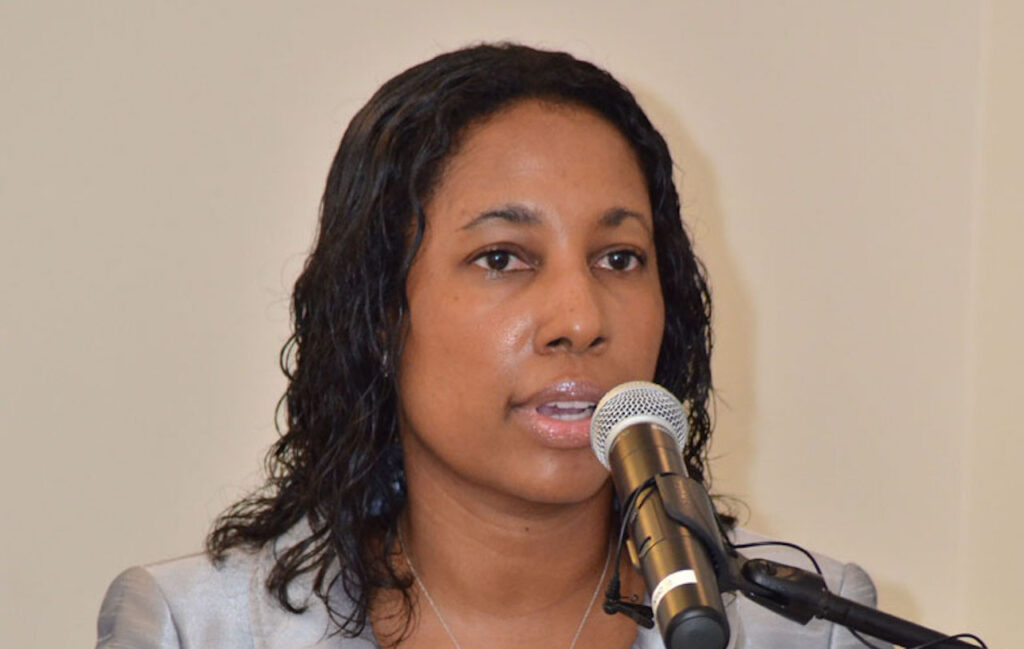Government is being advised to offer residents incentives to get private pension plans, as one way to reduce pressure on the National Insurance Fund.
The recommendation was made on Saturday by the Barbados Private Sector Association (BPSA) as it outlined the impact the Government’s proposed pension reforms are likely to have on Barbadians, particularly those working in the private business arena.
BPSA chairman Trisha Tannis endorsed Prime Minister Mia Mottley’s call for people to explore alternative pension schemes so that they are not solely reliant on the National Insurance Scheme (NIS).
“Against this backdrop, the private sector once again, and with a heightened sense of urgency, requests: one, a return to the tax allowances for investment in private pension schemes and; two, raising the amount of the personal allowance for pensioners significantly beyond the current $45 000 to minimise the impact of the onerous double taxation impact on pensioners, particularly as the retirement age has now increased,” Tannis told Barbados TODAY in a statement.
“The Government of Barbados now also needs to consider the social safety net as more persons may turn to the state when they have less than 15 years worth of contributions and therefore cannot access a NIS pension, particularly if the fiscal incentives for alternative pensions are not reintroduced,” she added.
Late last month, the House of Assembly passed the National Insurance and Social Security (Amendment) Bill, introduced by Minister of Social Security Colin Jordan, which provides for the reform of pensions which are paid out of the NIS Fund.
Under the proposed changes, the pensionable age will be raised from 67 to 68, and the number of required contributions to receive pension benefits will increase from 500 to 750.
Jordan sought to justify these measures as essential to prevent the depletion of the NIS Fund, given the projected challenges posed by the island’s ageing population, with the fund projected to “dry up” by 2041.
Tannis said the BPSA along with its actuarial consultants are “pellucidly” aware that the NIS pension reserves, in the medium term, will be unable to sustain and fund the needs of future pensioners.
She noted that the scheme in its current iteration is “fundamentally unsustainable,” and the funding inadequacy is concerning.
“We contributed to several recommendations that were made to remediate the projected funding deficit. Given the announced changes, the impact on private pension schemes has to be assessed and plan rules adjusted accordingly, especially in the case of deferred benefit schemes,” the spokesperson for the private sector highlighted.
“Trustees of deferred contribution schemes may need to consider heavily promoting voluntary contributions to offset any reduction in NIS pension for persons under the age of 60 by January 2024 or to compensate for persons who wish to retire prior to 68 years of age without a significant reduction in their benefits.”
Debate on the Bill in the Senate was postponed from last Wednesday until this week, due to several considerations, according to Leader of Government Business, Senator Lisa Cummins. (EJ)



